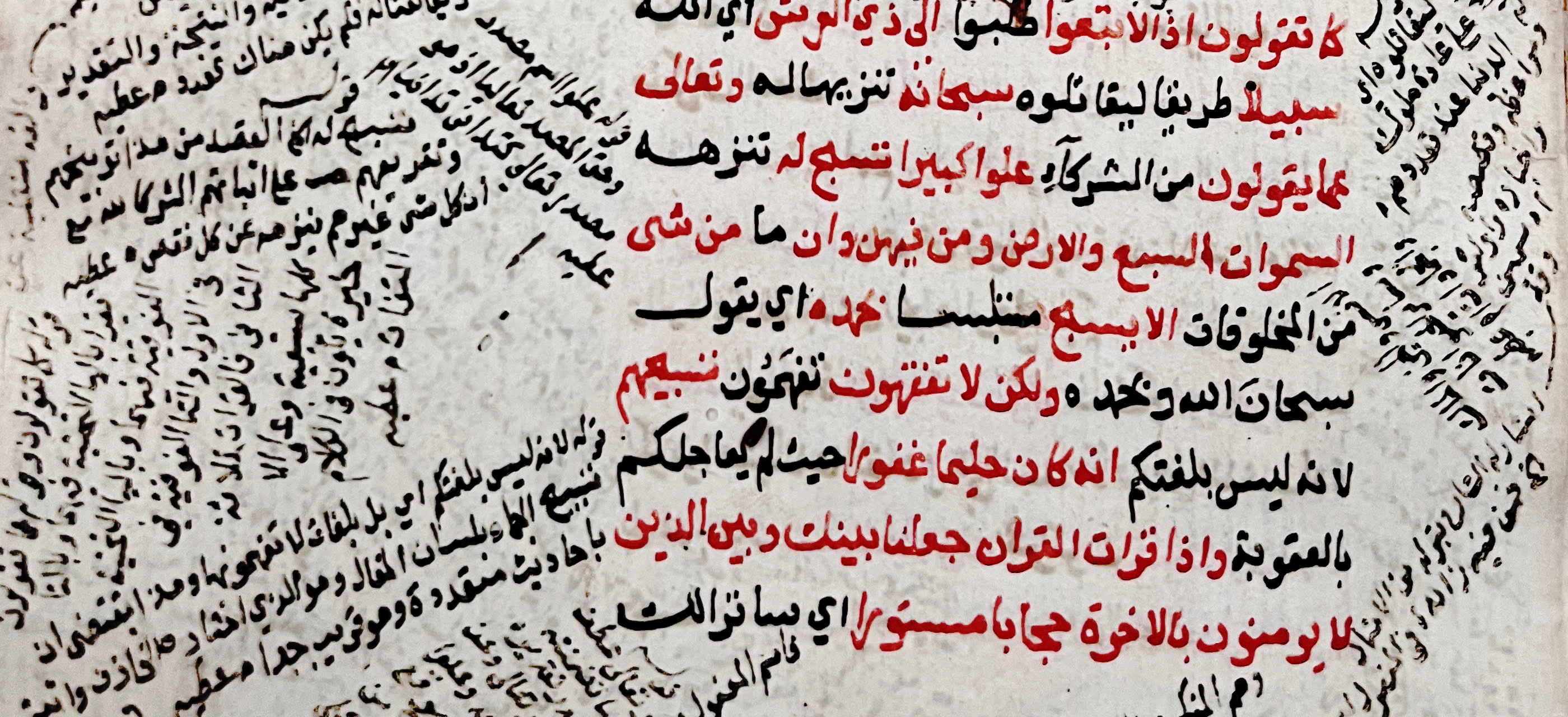The Maritime Silk Road: Implications for Oman’s Foreign Policy
Contenu
- Titre
- The Maritime Silk Road: Implications for Oman’s Foreign Policy
- Créateur
- Tekir, Gökhan Voir tous les contenus avec cette valeur
- Date
- 2022
- Dans
- Ortadoğu Etütleri Voir tous les contenus avec cette valeur
- Résumé
- This study seeks to analyze the implications of Oman’s participation in the Maritime Silk Road, which is the maritime component of the Belt and Road Initiative, announced in 2013 by the President of the People’s Republic of China, Xi Jinping. Sultan Qaboos has transformed Oman from an isolated and backward country to an active political mediator in the region. Oman’s neutral stance and diplomatic connections with every political actor in the region differentiate Oman from the rest of the Gulf countries. Geographically, Oman is situated in the intersection of the Persian Gulf, the Arabian Sea and the Indian Ocean. Historically, Oman ruled South Asian and East African coasts, extending its influence. The geographical position and historical legacy make Oman as a key country for the Maritime Silk Road. Thus, participation of Oman in the Belt and Road Initiative is invaluable in the eyes of the Chinese policymakers. Omani policymakers, who want to diversify Oman’s economy, welcome Chinese investments. However, increasing Chinese involvement in Oman’s economy might harm Oman’s sovereignty because of Chinese practice of using debts as exerting pressure on the lending states’ sovereignty. Moreover, the intensified competition between the USA and China in the Indian Ocean could compromise Oman’s neutral stance. Yet, Sultan Qaboos’ legacy is followed by Omani policymakers. While benefiting Chinese economic investments, Oman performs balancing acts against China.
- Langue
- eng
- volume
- 13
- numéro
- 4
- pages
- 465-492
- doi
- 10.47932/ortetut.1061525
- issn
- 1309-1557, 2687-430X
Tekir, Gökhan, “The Maritime Silk Road: Implications for Oman’s Foreign Policy”, 2022, bibliographie, consulté le 7 septembre 2024, https://ibadica.org/s/bibliographie/item/23558
Position : 4713 (7 vues)

